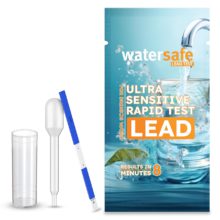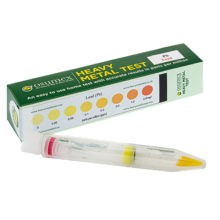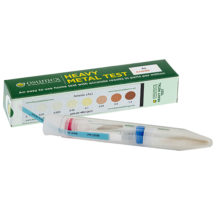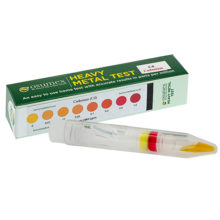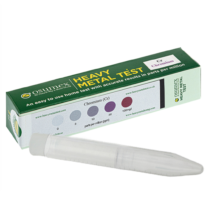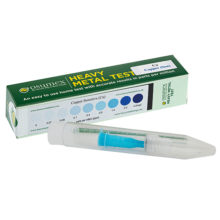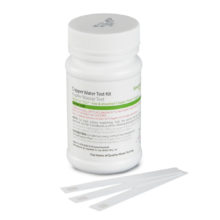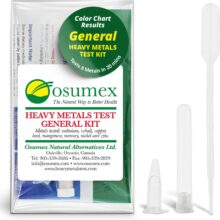Metals
Whilst some metals are essential for life and are naturally available in our food and water, metals in drinking water can cause chronic or acute poisoning. Trace amounts of metals enter our water supplies naturally as rain percolates through rock; dissolving minute quantities into the water. This water enters larger water areas, which we then use as resources for drinking water. Contamination of our water resources by poisonous metals also occurs due to human activity. These activities include industrial processes, such as electronics and mining, agricultural activities, and discarding of wastes in landfills. The young are more prone to the toxic effects of heavy metals, as the rapidly developing body systems in the fetus, infants and young children are far more sensitive. Metals can also enter water through copper or lead pipes in the plumbing system.
Just to give a few examples:
- Calcium, magnesium, potassium, and sodium are required for normal body functions.
- Cobalt, copper, iron, manganese, molybdenum, selenium and zinc are needed at low levels as catalysts for enzyme activities.
- Drinking water containing high levels of these metals: aluminum, arsenic, barium, cadmium, chromium, lead, mercury, selenium, and silver, may be hazardous to your health.
Showing 1–25 of 51 results


